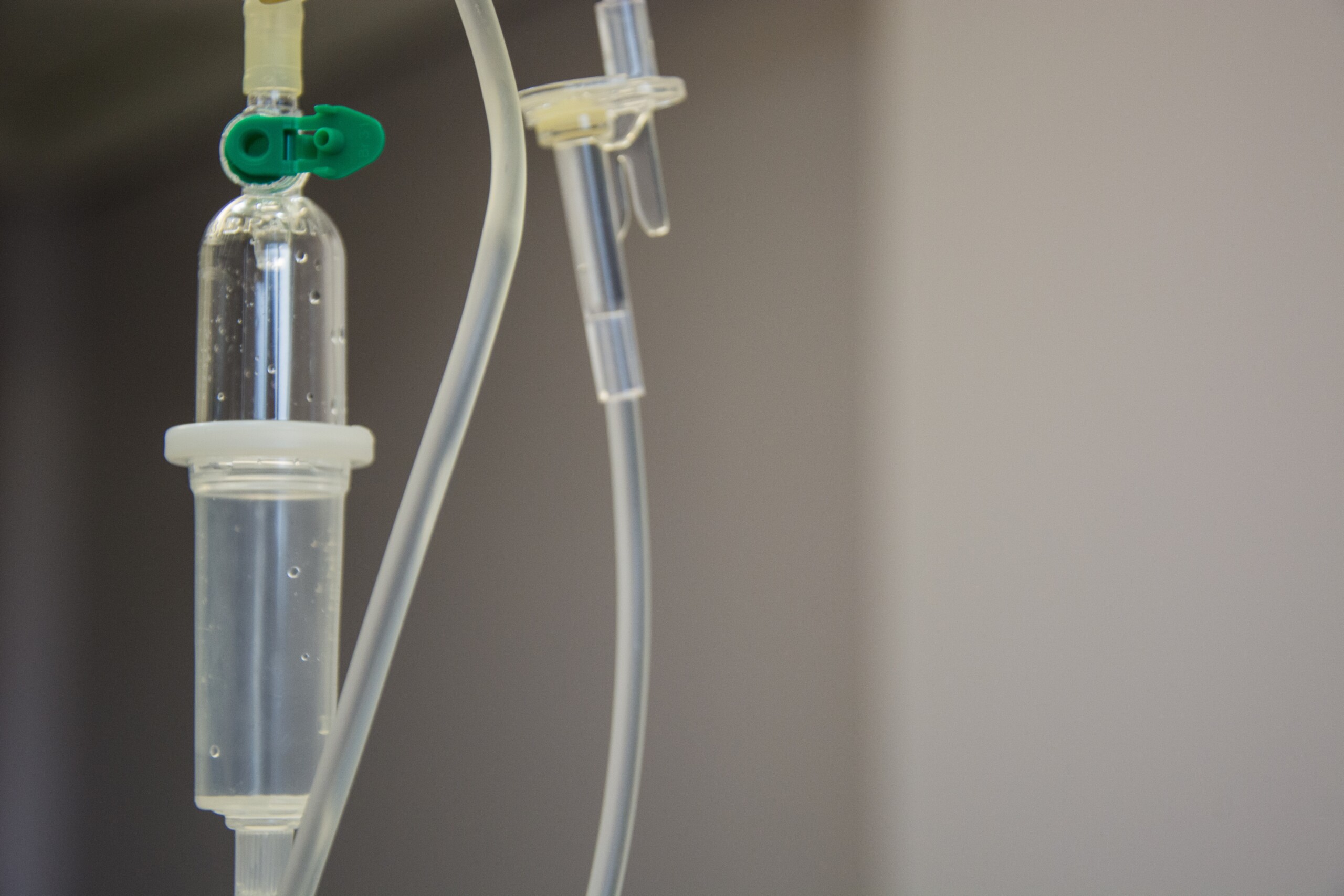Table of Contents
Manuka Honey Hair: Intensive Moisturizing and Nourishing Masque for Hair
Are you struggling with damaged, dry, or brittle hair? Look no further than our Manuka Honey Hair Masque! This intensive hair treatment is specially formulated to provide deep hydration and nourishment to your hair, leaving it soft, manageable, and radiant. It is also suitable for those with tight curls or curly hair.
The Power of Manuka Honey
One of the key ingredients in our Manuka Honey Hair Masque is, as the name suggests, Manuka honey. Manuka honey is a type of honey that is produced by bees that pollinate the Manuka bush, which is native to New Zealand. It is known for its unique properties, including its ability to deeply moisturize and nourish the hair.
Manuka honey is rich in antioxidants, which help protect the hair from environmental damage and promote healthy hair growth. It also has antibacterial properties, which can help prevent scalp infections and soothe an itchy, irritated scalp. These qualities make it an excellent ingredient for a hair masque.
Nourishing Oils and Butters
In addition to Manuka honey, our hair masque also contains a blend of nourishing oils and butters. These ingredients work together to provide your hair with the moisture and nutrients it needs to thrive.
Shea butter is deeply moisturizing and helps to seal in moisture, preventing dryness and split ends. It also contains vitamins A and E, which promote healthy hair growth.
Mafura oil, derived from the Mafura tree, is rich in fatty acids and antioxidants. It helps to nourish and hydrate the hair, leaving it soft, smooth, and shiny.
Baobab seed oil is packed with vitamins and nutrients that help to strengthen the hair follicles and promote hair growth. It also helps to moisturize and condition the hair, reducing frizz and improving manageability.
Coconut oil is a staple in many hair care routines. It penetrates the hair shaft, nourishing it from within and preventing protein loss. It also helps to tame frizz and add shine to the hair.
How to Use
To make the most of our Manuka Honey Hair Masque, follow these simple steps:
- Start by washing your hair with a gentle shampoo. This will help to remove any buildup and prepare your hair for the masque.
- Squeeze out any excess water from your hair, so it is damp but not dripping wet.
- Section your hair into manageable sections, using clips or hair ties.
- Take a generous amount of the masque and apply it to each section of your hair, working from the roots to the ends. Make sure to distribute the product evenly.
- Once you have applied the masque to all sections of your hair, use a wide-toothed comb or your fingers to gently detangle your hair and ensure that the product is evenly distributed.
- Leave the masque on for at least 5 minutes to allow it to penetrate the hair shaft and provide maximum hydration and nourishment. For a more intense treatment, cover your hair with a plastic cap and apply heat for up to 30 minutes. The heat will help to open up the hair cuticle and allow the product to penetrate even deeper.
- Rinse your hair thoroughly with warm water, ensuring that all the product is washed out.
- Style your hair as desired, and enjoy the soft, shiny, and manageable results!
Conclusion
If you are looking for a hair treatment that will moisturize, nourish, and revive your hair, look no further than our Manuka Honey Hair Masque. With its powerful blend of Manuka honey, nourishing oils, and butters, it is the perfect solution for damaged, dry, or brittle hair. Say goodbye to frizz, split ends, and dullness and hello to soft, shiny, and healthy hair! Try our Manuka Honey Hair Masque today and see the difference it can make.
Order your bottle today from https://aboutmanukahoney.com and experience the benefits of Manuka honey for yourself. Don’t forget, we offer free shipping on orders over $1000.









